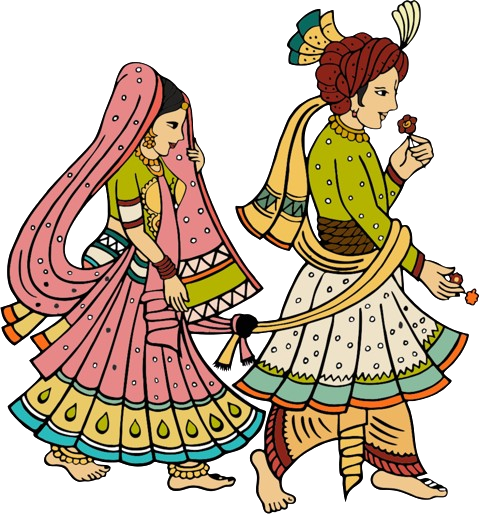In Hinduism, marriage ceremony is considered to be a very important and sacred ceremony. There are many benefits of conducting marriage ceremony in the best way, which not only enriches the married life, but also has a positive impact on personal and social life. Here are some major benefits:
Divine blessings: By conducting marriage ceremony in the best way, the bride and groom get the blessings of God, deities, ancestors and sages, which makes their married life happy and prosperous.
Religious and spiritual benefits: Marriage ceremony is one of the 16 rituals of Hinduism. By conducting it properly, religious duties are fulfilled and spiritual progress is achieved.
Social prestige: Marriage ceremony is also important from the social point of view. By conducting marriage ceremony in the best way, the prestige of the family in the society increases and social support is obtained.



